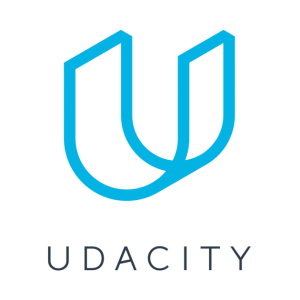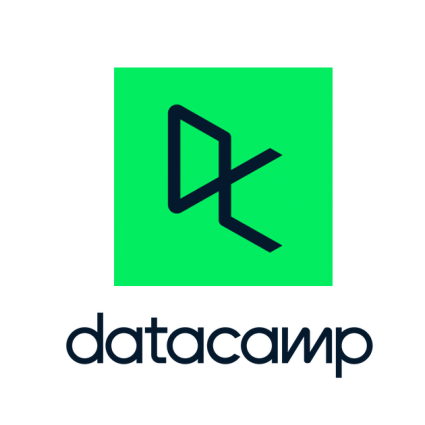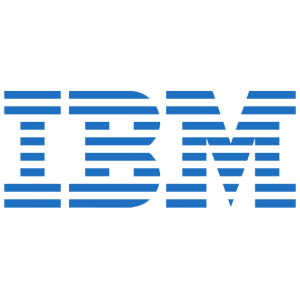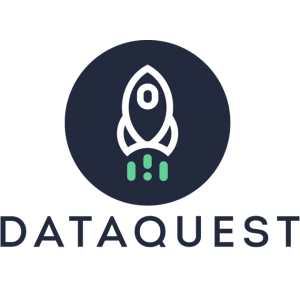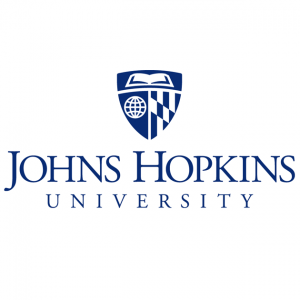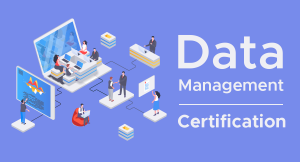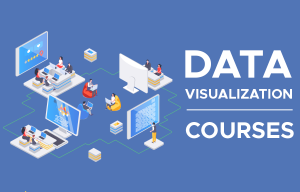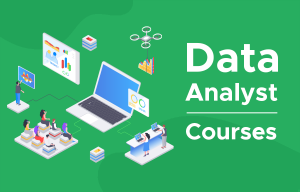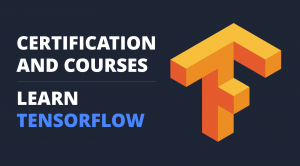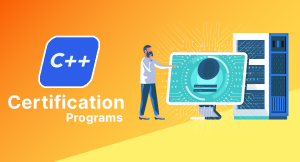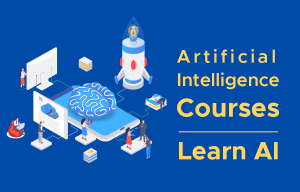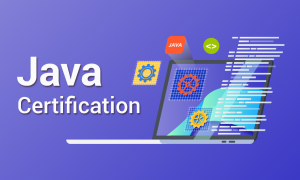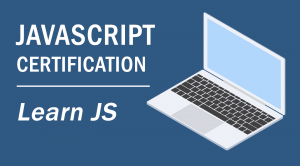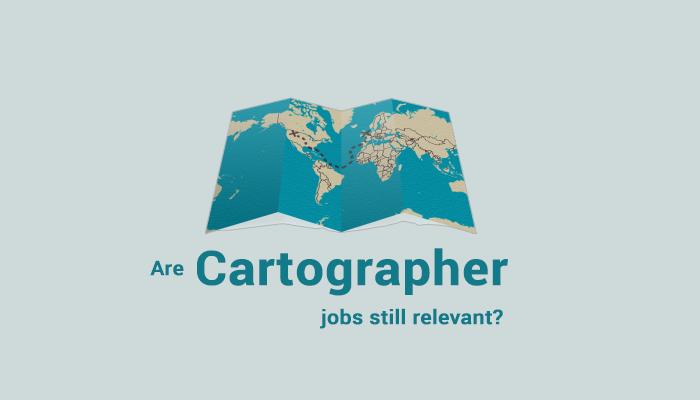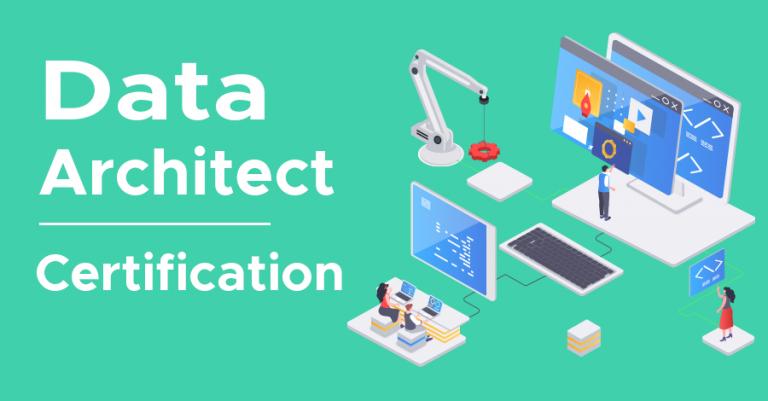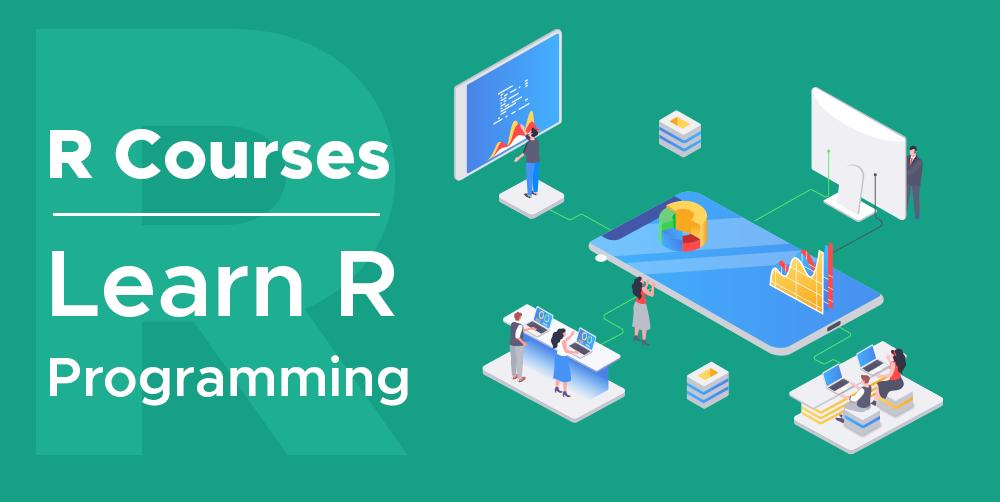
R Courses Online – Training in R
Statisticians and data miners use R for its open statistical software development, graphical analysis, and scientific applications.
If you’re looking to start a career in statistical analysis, R is definitely the language to learn. But where do you start?
There are a lot of R certification courses available online, but how can you be sure which one is best for you? Whether you’re a beginner or an experienced R user, there’s something here for everyone!
In this blog post, we’ll recommend some of the best R certification courses online, and we’ll also provide some tips on how to choose the right course for you.
1. Programming for Data Science with R Nanodegree (Udacity)
Ready to make a real impact in the world of R programming, statistics, and data science? The Udacity Programming For Data Science with R Nanodegree program will teach you the fundamental programming skills in R you need to start your career. You’ll also learn how to collect and analyze data, create impactful data visualizations, and share your work with others in the industry.
SAVE 15% OFF when you click the link below until September 30, 2022.
PROS
CONS
COURSES
- Introduction to SQL: Get your career on the fast track with SQL. With this SQL introduction course, you’ll learn the fundamentals of complex business problems and how to use SQL to answer them.
- Introduction to R Programming: You’ll learn the basics of coding in R, including how to set up variables, loops, and functions. With ggplot2, you’ll also be able to create beautiful data visualizations that help you understand complex trends.
- Introduction to Version Control: Go through the basics of version control and learn how to use Github to share your work and learn the power of collaboration with other data scientists.
VERDICT
Data scientists are in high demand. As the demand for data and analytics grows, so does the value of those who can leverage it. There may be no other better option for learning R than the Udacity Programming For Data Science with R Nanodegree program. With this skill set, you’ll be ready for a career in data science and take your career to new heights.
| Instructor | Udacity |
| Duration | 3 months (10 hours per week) |
| Certification | Programming for Data Science with R Nanodegree |
| Prerequisites | None |
| Skills Acquired | R, SQL, Ggplot2, Github |
2. Data Scientist with R (DataCamp)
Do you want to become a data scientist, but don’t know where to start? DataCamp’s Data Scientist with R track is the perfect place for beginners to intermediate R programmers. You’ll learn how to use the versatile language R to import, clean, and manipulate data. This skill set is essential for any aspiring data professional or researcher.
PROS
CONS
COURSES
- R programming: Learn all the essential skills to get started programming in R all the way until you have a good handle on it.
- Data visualization and manipulation: Explore ggplot2 for data visualization, dplyr for joining data, and tidyverse to connect it all together.
- Statistics and Regression in R: This course will teach you how to use R to interpret and analyze data, and will provide you with a firm foundation in regression to understand the relationship between two variables.
- Supervised and Unsupervised Learning: Dive into the concepts of clustering through R programming with a focus on supervised and unsupervised learning.
VERDICT
R is one of the most popular programming languages for data science, and the Data Scientist with R track will teach you the practical applications you need to know. First, you’ll stay with the basics such as Tidyverse, ggplot2, dplyr, and readr. Then you’ll move on to more advanced techniques, like cluster analysis and machine learning.
| Instructor | DataCamp |
| Duration | 88 hours (22 courses) |
| Certification | Data Scientist with R (Career Track) |
| Prerequisites | None |
| Skills Acquired | R, Ggplot2, Tidyverse, Dplyr, Readr, R Markdown, Random Forests, and Xgboost |
3. Professional Certificate in Applied Data Science with R (IBM)
Data science and programming is a maturing field. By the end of the Professional Certificate in Applied Data Science with R program, you will be able to get a strong grasp of data analysis with R and SQL. You’ll also learn various data manipulation techniques to clean, refine, and fine-tune data. Finally, you’ll explore how to tell compelling stories through graphs, visualizations, and interactive dashboards.
PROS
CONS
COURSES
- R Programming Basics: This course is a comprehensive introduction to programming in R. You will learn how to perform basic data science tasks and learn some of the most important data structures and programming techniques in an interactive and engaging way.
- SQL for Data Science: Enhance your SQL skills and gain a deeper understanding of how to build and run queries using a relational database management system (RDBMS).
- Data Analysis and Visualization: This course will teach you how to use R to create beautiful, interactive data visualizations that you can share. You’ll learn how to visualize geolocated data with Leaflet, create powerful interactive web dashboards, and test your skills with a final project.
- R Capstone Project: Analyze data and produce visualizations for a real-world dataset with a Capstone project that wraps up everything you learned.
VERDICT
The Professional Certificate in Applied Data Science with R from IBM provides an overview of the field of applied data science with R and the foundational skills needed for people who want to enter this field. Because it covers core concepts from statistics and data visualizations, this program is designed specifically for anyone who wants to advance in their career or enter the market of data science professionals and work on real-world problems.
| Instructor | IBM |
| Duration | 6 months (1 – 2 hours per week) |
| Certification | Professional Certificate in Applied Data Science with R |
| Coursework | 5 skill-building courses |
| Skills Acquired | R, SQL, Jupyter Notebooks, Ggplot2, Leaflet, and R Shiny |
4. Data Analyst in R (Dataquest)
If you’re looking to start learning how to program in R, the Data Analyst in R track from Dataquest will teach you some basic and intermediate concepts that will be helpful as a beginner. In this course, you will learn R programming with a wide variety of functions for probability analysis, modeling, visualization, and more.
PROS
CONS
COURSES
- Basic and Intermediate R: This online course is an ideal way to get started with R as an open-source programming language for statistical analysis. The course teaches you how to use a variety of functions to create and manipulate data, visualize them, and perform analysis.
- Statistics, probabilities, and hypothesis testing: Improve your ability to analyze data and make decisions by learning how to use statistical concepts such as using probabilities and hypothesis testing. This course will help you to understand the methods and reasoning that underlie the statistical process.
- R Workflows: Learn RStudio and Tidyverse packages, which are designed to connect your tools to make your workflow faster, more efficient, and reproducible.
- Machine Learning and Linear Modeling: Predict outcomes using machine learning and linear modeling. In this course, you will learn how to evaluate and interpret linear models, using a practical and intuitive approach.
VERDICT
In the age of big data, R is becoming a very popular language to use for analyzing data. If you’re looking to start learning how to program in R, Dataquest has a track that will teach you some basic and intermediate concepts that will be helpful as a beginner. To learn more or to get started, find out more about the Data Analyst in R career track from Dataquest.
| Instructor | Dataquest |
| Coursework | 20 skill-building courses |
| Certification | Data Analyst in R |
| Prerequisites | None |
| Skills Acquired | R, RStudio, Tidyverse, Shiny, DataFrames, Tibbles, Web Scraping, APIs |
5. Data Science: Foundations using R Specialization (Johns Hopkins)
Interested in a career in data science and R? The Foundations using R Specialization will teach you how to use the R language – one of the most popular programming languages for statistics and data analysis. This course will familiarize you with how to clean, analyze, and visualize data, all important features of R.
PROS
CONS
COURSES
- The Data Scientist Toolbox: This introductory course will help you understand the data, tools, and questions that data analysts and data scientists grapple with on a daily basis.
- R Programming: Take your first step into the world of data and analytics with R and learn how to access R packages, write functions, and debug your code.
- Data Cleansing: The course not only covers the basics of data cleansing, but also delves into the advanced concepts of data wrangling from the web, APIs, or databases.
- Exploratory Data Analysis: Explore data, discover patterns and insights, and build a solid foundation for your statistical models using R programming.
VERDICT
This course will teach you how to obtain data using R programming and perform scientific research. Plus, you’ll set up your own GitHub account to manage projects related to data science. Finally, it will help you set up R-Studio, which allows you to explore your data further. By the end of the Data Science: Foundations using R Specialization, you’ll be ready for a career in this exciting field.
| Instructor | Johns Hopkins University |
| Duration | 8 months (8 hours per week) |
| Certification | Data Science: Foundations using R Specialization |
| Prerequisites | None |
| Level | Beginner |
| Skills Acquired | R, RStudio, Ggplot2, Regular Expression (RegEx), and Github |
R Courses Online – Training in R
Whether you want introductory or advanced training in R programming, we have included some of the top R courses that should fit your level.
Although R emphasizes statistics, it’s also good for data visualization, machine learning, spatial data, and much more! We’ve outlined the best R certification courses you can take to learn how to use R for a data science career.
With so many options, it might be difficult to decide where to start your journey. But whichever you choose, it will be sure to advance your skill level and bolster your career options.
Do you want to find learn more about related R certification courses? Here are some other certification options for you to check out in the world of data science:
- Statistics Certification and Courses in R and Python
- Data Analyst Certification For Beginners
- 10 Data Visualization Certification and Courses
- Data Management Certification Courses
- 10 Best Data Science Courses and Certification
- Python Courses and Certificate Programs

